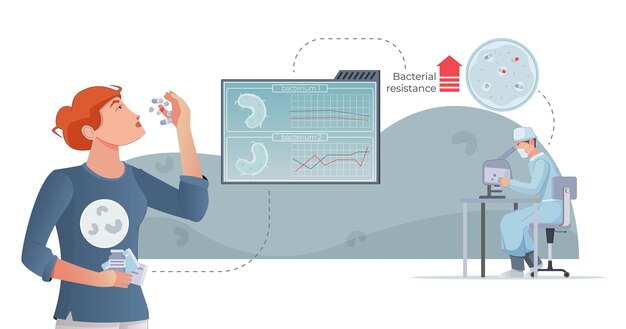Polycythemia Vera Treatment (PV) is a type of Myeloproliferative Neoplasm (MPN), a group of blood cancers where the bone marrow cells function abnormally, leading to an overproduction of blood cells. PV is a chronic condition that requires ongoing management and monitoring to prevent complications. Understanding the symptoms and their impact on mental health is essential for patients and caregivers.
Polycythemia Vera Symptoms
PV symptoms can vary from person to person, but common signs include:
- Excessive tiredness: Fatigue is a common symptom of PV due to the increased production of blood cells, which can thicken the blood and impede circulation.
- Headaches: Increased blood viscosity can lead to headaches, dizziness, and difficulty concentrating.
- Itching: Many PV patients experience itching, especially after a hot bath or shower, due to the excess histamine released by an overabundance of blood cells.
- Splenomegaly: Enlargement of the spleen is a common complication of PV, leading to abdominal discomfort and a feeling of fullness.
- Difficulty with concentration and memory: PV patients may experience cognitive symptoms due to decreased oxygen flow to the brain.
Polycythemia Vera Treatment
Treatment for PV focuses on reducing the risk of blood clots, which can lead to serious complications such as stroke or heart attack. Common treatments include:
- Phlebotomy: Regular blood removal can help reduce the number of blood cells in circulation and lower the risk of clotting.
- Medications: Doctors may prescribe medications to help thin the blood and prevent clots from forming.
- Aspirin therapy: Low-dose aspirin may be recommended to reduce the risk of clotting.
- Hydroxyurea: In some cases, doctors may prescribe this medication to reduce the production of blood cells.
The Emotional Impact of Polycythemia Vera
Living with a chronic condition like PV can take a toll on mental health. Patients may experience a range of emotions, including:
- Anxiety: The uncertainty of living with a chronic illness can lead to feelings of anxiety and worry about the future.
- Depression: Coping with the physical symptoms of PV and the limitations it can place on daily life can contribute to feelings of depression.
- Guilt: Patients may feel guilt about the burden their illness places on their loved ones and caregivers.
- Isolation: The physical limitations of PV, combined with the need for regular monitoring and treatment, can lead to feelings of isolation and loneliness.
Addressing the Emotional Impact
It is essential for patients with PV to address the emotional impact of their condition. Some strategies to consider include:
- Seeking support: Joining a support group or connecting with others who have MPNs can help patients feel less alone in their journey.
- Talking to a therapist: A mental health professional can provide coping strategies and support for managing the emotional challenges of living with PV.
- Maintaining a healthy lifestyle: Eating well, getting regular exercise, and practicing stress-reducing techniques like yoga or meditation can help improve mental well-being.
- Educating yourself: Understanding your condition and treatment options can help empower you to take an active role in your care and advocate for yourself.
Conclusion
Overall, addressing the emotional impact of Polycythemia Vera Symptoms is essential for patients and caregivers. By understanding the symptoms, seeking appropriate treatment, and addressing the emotional challenges that come with living with a chronic condition, individuals can improve their quality of life and overall well-being. Remember, you are not alone in this journey, and there is support available to help you navigate the challenges of PV.
